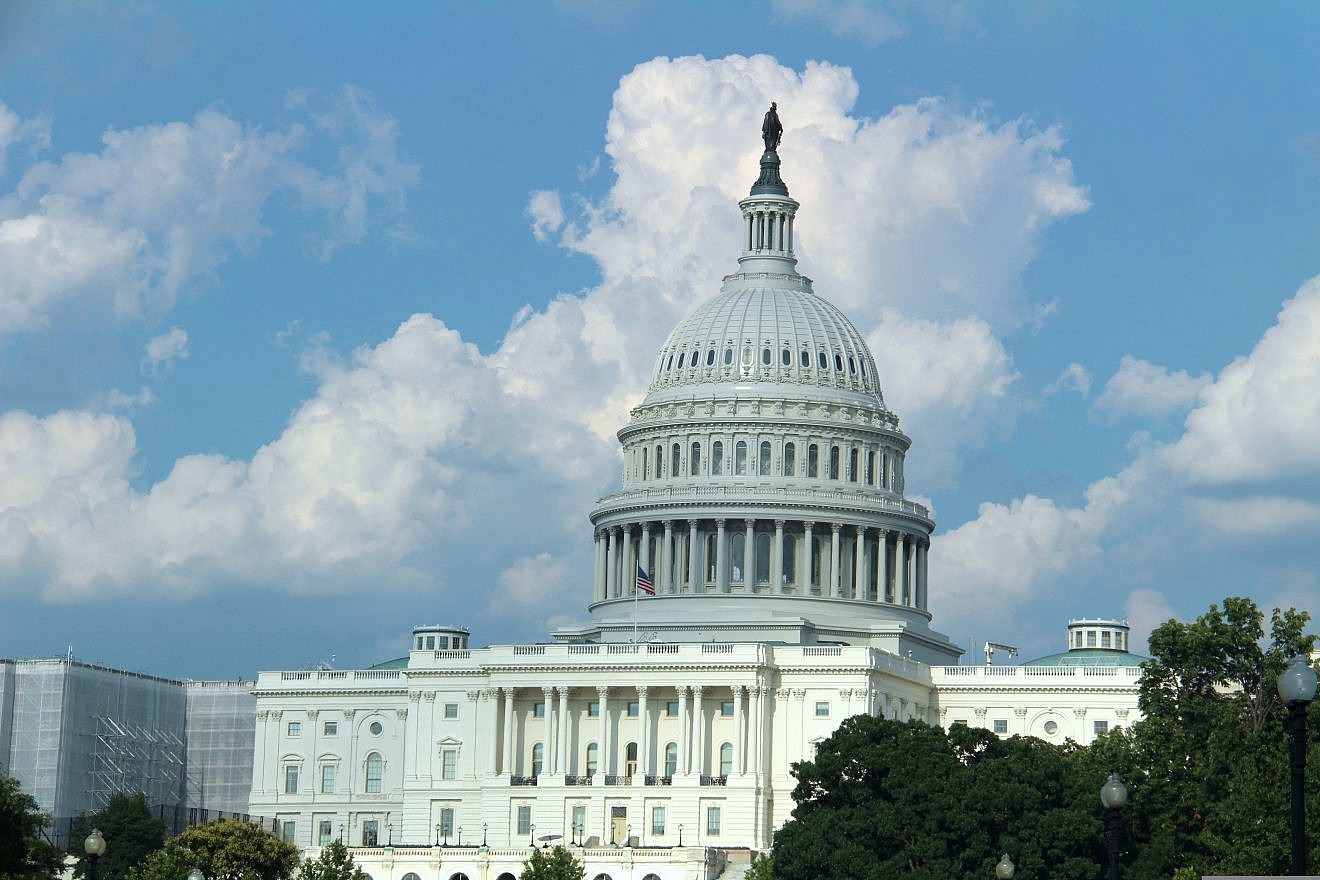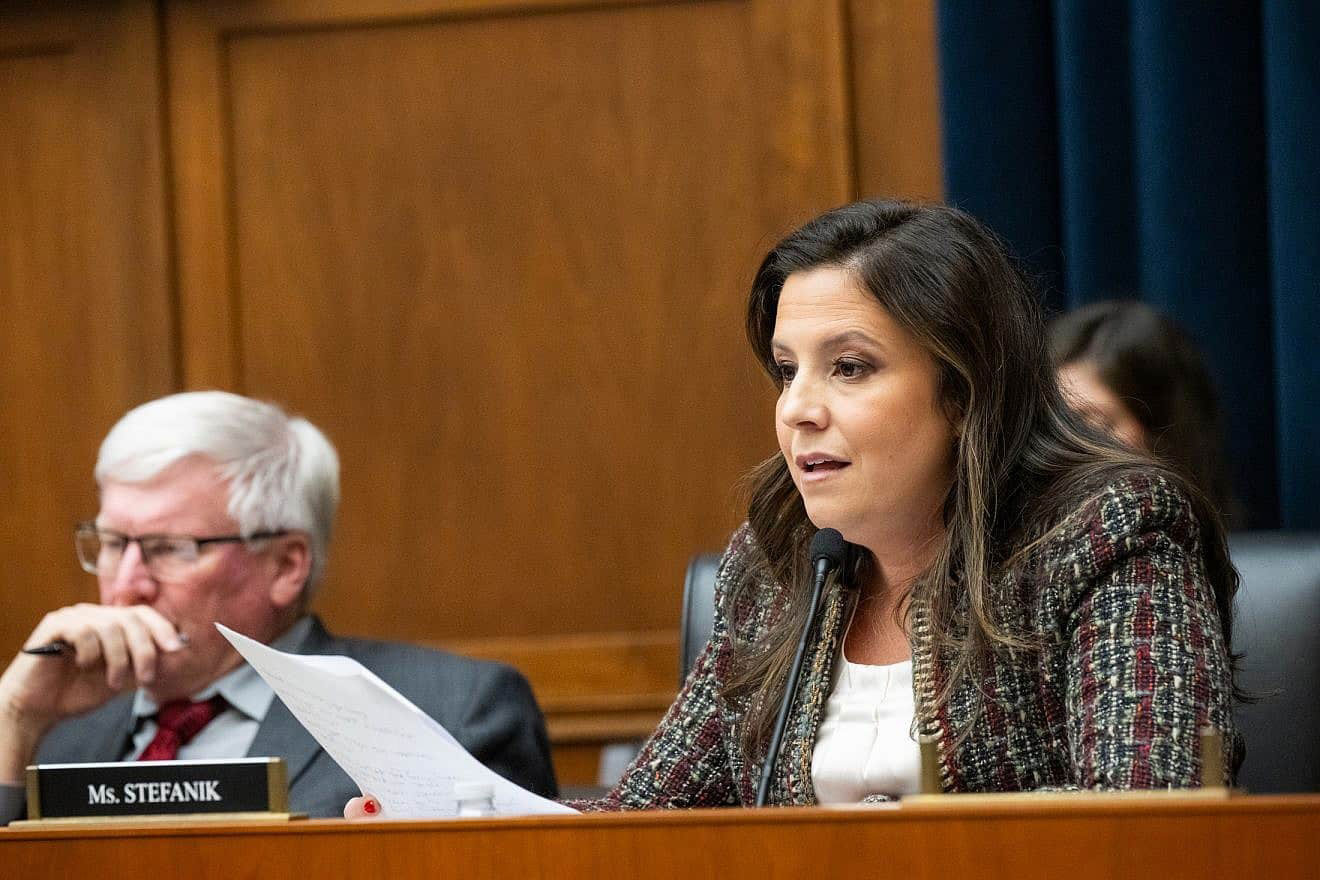Courtesy of JNS. Photo credit: Sima Ghaffarzadeh/Pixabay
The U.S. Capitol in Washington, D.C
(JNS) — Colleges and universities that receive “generous” tax benefits from the federal government “should be doing more than simply giving a slap on the wrist to perpetrators of hate,” according to Rep. Nicole Malliotakis (R-N.Y.).
The congresswoman introduced legislation earlier this week “to hold these institutions accountable with lofty financial punishments that would encourage them to investigate and crack down on instances of antisemitism and help foster a safer academic environment for all students, regardless of their gender, race or religion,” she stated.
The University Accountability Act, H.R.8914, was co-sponsored by Rep. Elise Stefanik (R-N.Y.), chair of the House Republican Conference, and nine other House members. A member of the Committee on Education and the Workforce, Stefanik has been at the forefront of the House’s investigations of schools for allegedly not doing enough to combat antisemitism on campus.
“I will continue to lead the efforts ridding our higher education institutions of antisemitism,” Stefanik stated. “Hardworking taxpayers have no interest in funding institutions that fail to protect their students from antisemitic rhetoric and behavior and this bill puts their tax-exempt status on the chopping block.”
“Universities have a responsibility to protect their students from violence and discrimination and instead we’re seeing a disturbing increase in antisemitic attacks and rhetoric on college campuses,” Malliotakis said.
Although violations of Title VI of the Civil Rights Act of 1964 “can result in the loss of federal funds,” they often result “in a mere corrective action that would bring the college or university back into compliance,” Stefanik’s office stated.
“The University Accountability Act would require colleges and universities that meet the penalty criteria to pay a fine of either 5% of the school’s aggregate administrative compensation as reported on the school’s Form 990, or $100,000, whichever is greater,” the congresswoman’s office said.
“After three civil rights violations, the Internal Revenue Service would be required to review the college or university’s tax-exempt status for possible revocation,” it added.





